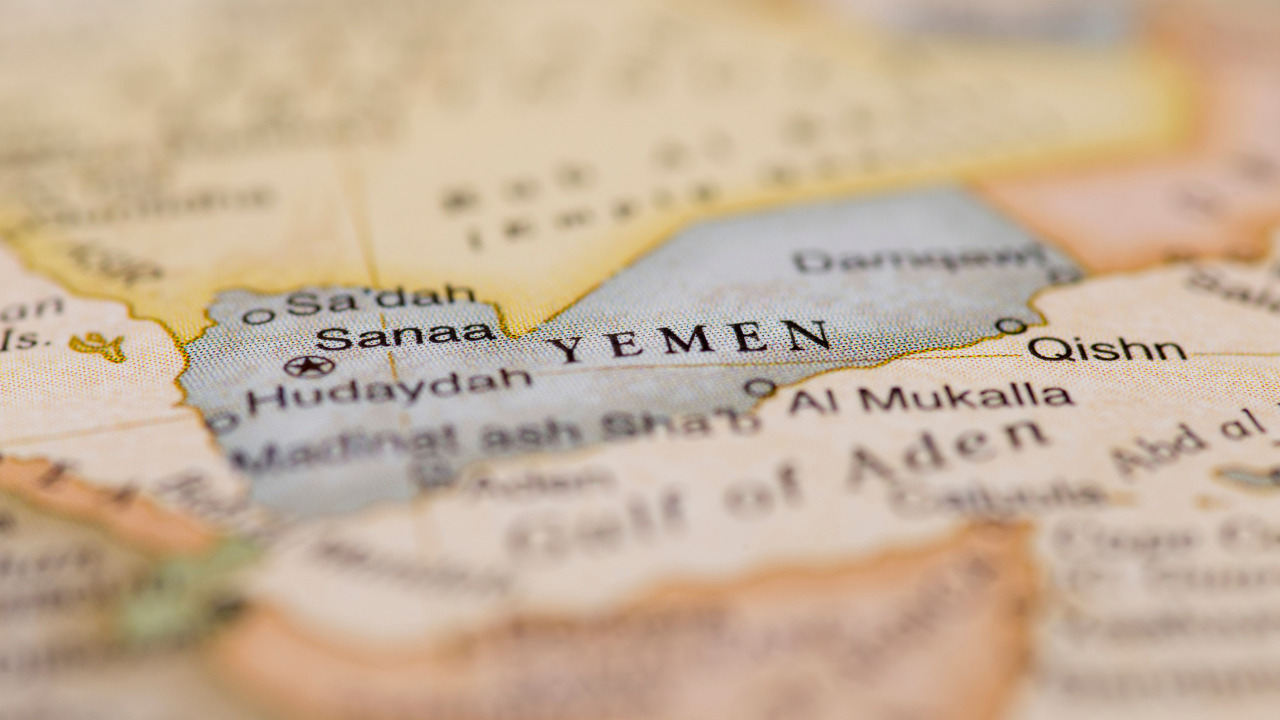Date first published: 29/03/2022
Key sectors: oil and gas; all
Key risks: political violence; war on land; business disruption; sanctions
Risk development
On 16 March the Gulf Cooperation Council (GCC) – comprised of Saudi Arabia, Bahrain, Kuwait, Oman, Qatar and the United Arab Emirates – invited Yemen’s Iran-backed Huthi militia to peace talks scheduled to take place in Riyadh between 29 March and 7 April. The Huthis rejected the invitation and boycotted the summit on the basis that it was hosted by Saudi Arabia – the key sponsor of the blockade on Huthi-held areas. Instead, consultations commenced on 29 March without Huthi participation.
Why it matters
On 26 March the head of the Huthi Supreme Political Council, Mahdi al-Mashat, announced a unilateral three-day suspension of cross-border missile and drone attacks against Saudi Arabia, as well as ground operations primarily in central Yemen’s oil-rich Marib province. The militant group promised to extend the suspension to a permanent ceasefire, conditional on Riyadh’s lifting of the blockade on Sana’a International Airport and the key Huthi-held port of Hudaidah on the country’s western Red Sea coast. Despite this, violent clashes broke out on 27 March between Saudi-backed Hadi government forces and Huthi militants in Marib and al-Jawf provinces. The proposed plan came a day after the Huthis launched an attack against an oil facility in Jeddah, likely in an effort to avoid Saudi retaliation and to impede the talks taking place in Riyadh. An UN-backed plan, drafted by the UN special envoy for Yemen Hans Grundberg, called for a month-long ceasefire during the Muslim holy month of Ramadan, in exchange for allowing fuel ships to dock at Hudaidah port and commercial flights from the airport in Sana’a.
Background
Yemen has long been on the brink of famine due to a rapidly growing population, poor government planning and infrastructure. This was compounded by the outbreak of war in September 2014 and the subsequent Saudi-enforced blockade. Riyadh has led a coalition against the Huthis for the last seven years in a conflict widely seen as a proxy war between Saudi Arabia and Iran. The Arab Coalition claims that the blockade is in place to prevent arms smuggling, but it has contributed to one of the world’s worse humanitarian crises, with widespread poverty, famine and shortages.
The blockade has long been a key sticking point in UN and US attempts to secure a permanent truce, with all attempts having failed due to differences over sequencing. The Huthis insist that Riyadh must lift the blockade first, whereas the Arab Coalition demands a simultaneous arrangement. The first attempt at peace, which took place in September 2018 in Geneva, failed because the Huthi delegation did not attend due to the blockade. A second attempt in Sweden in December 2018 saw token exchanges of prisoners and accomplished little other than to fuel subsequent accusations of violations by the combatants. Further efforts included establishing a ceasefire in the port of Hudaidah in December 2018 and the Riyadh Agreement of November 2019. In March 2021, Saudi Arabia proposed a ceasefire to restart, but the Huthis ruled out talks unless the blockade was first lifted.
Risk outlook
The GCC-sponsored talks in Riyadh could be a catalyst for future, more comprehensive peace talks that include the Huthis. The current talks in Riyadh are positive, but the blueprint for a peaceful settlement must address the core demands of the combatants. Without direct Huthi participation, a comprehensive peace agreement or long-lasting ceasefire will remain elusive.



